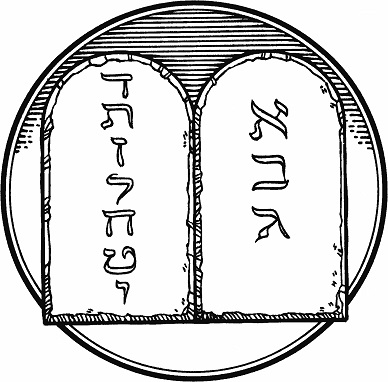Tag: Sixth Sunday after Trinity
-

Sixth Sunday after Trinity
Readings: Exodus 20:1-17 | Romans 6:1-11 | Matthew 5:17-26 Text: Matthew 5:20-26 For centuries, the first thing those learning the Christian faith encountered has been the Ten Commandments. We think they are elementary, and therefore easy to do. After all, they sound so simple: We would like the Commandments to be tame, manageable. As easy as following the…
-
Sixth Sunday after Trinity
Readings: Exodus 20:1-17 | Romans 6:1-11 | Matthew 5:17-26 Text: Matthew 5:21-37 Our Lord Jesus cuts to the chase. He doesn’t sugar coat His message to lure people in with fluffy words, only to hook them. Right away, He gets to the heart of what needs to be said to the crowds, and it happens…
-
Sixth Sunday after Trinity
Readings: Exodus 20:1–17 | Romans 6:1–11 | Matthew 5:17–26 Text: Matthew 5:20-26 For centuries, the first thing those learning the Christian faith encounter is the Ten Commandments. We may think they are elementary, and therefore easy to do. After all, they sound so simple: You shall have no other gods. You shall not misuse the…
-
Sixth Sunday after Trinity (Matthew 5:20-26)
Bethlehem Lutheran Church, Lebanon, OR Sixth Sunday after Trinity + July 28, 2019 Text: Matthew 5:20-26 How different Judaism was from Christianity! Of course, there’s the main difference: believing that Jesus is the promised Messiah (Christ). But when you accept Christ, all of Scripture suddenly must be reexamined through the cross. Jesus says to the…
-
Sixth Sunday after Trinity (Matthew 5:20-26)
Bethlehem Lutheran & Bethel Lutheran Church, Lebanon & Sweet Home, OR Sixth Sunday after Trinity + July 8, 2018 Text; Matthew 5:20-26 This week, our Vacation Bible School will center around the Ten Commandments. For centuries, the first thing those learning the Christian faith encountered has been the Ten Commandments. We think they are…